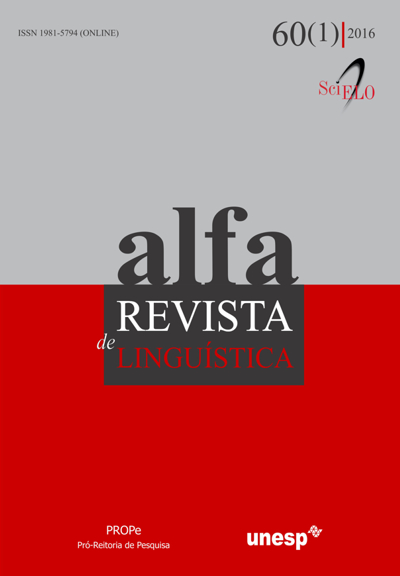Inicial development of protoargumentation
DOI:
https://doi.org/10.1590/1981-5794-1604-6Keywords:
Protoargumentation, Child argumentation, Cognitive development,Abstract
The present article focuses on the genesis of proto-oppositional conduct, defined as infantile actions interpreted as opposition to commands, desires and actions. The article assumes, as proposed by Leitão (2010; LEITÃO; FERREIRA, 2006), that such conduct constitutes remote older verbal actions of contraposition and response to opposition, seen as central constituencies of the argumentation. Based on references which place the genesis of human action and cognition in the realm of relations that are dialogically constituted (BAKHTIN; VOLOCHINOV, 2009; VYGOTSKY, 1998; 2001; WERTSCH, 1978), this article analyzes video-graphic records produced with two children, ages between the fourth week and six months of life, interacting with adults in a domestic context. Based on micro and macro-genetic analyses of these records (GRANOTT; PARZIALE, 2002), three moments were identified in the development process of proto-oppositional conduct: attribution of oppositional sense to crying; construction of infantile actions such as ‘refusal’ and, finally, interpretation of the infantile action as complex contraposition. In this last one, which implicates a displacement of the discursive place attributed to the child (LEITÃO, 2012), the child is seen not only as opposing the initiated actions by an adult, but also as proponent of new actions.
Downloads
Downloads
Published
How to Cite
Issue
Section
License
Manuscripts accepted for publication and published are property of Alfa: Revista de Linguística. It is forbidden the full or partial submission of the manuscript to any other journal. Authors are solely responsible for the article's content. Translation into another language without written permission from the Editor advised by the Editorial Board is prohibited.

